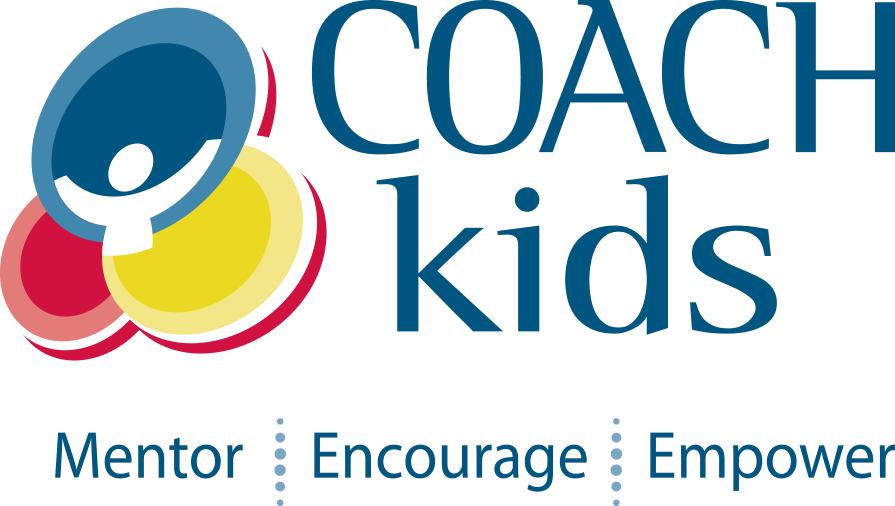“Parent’s Guide to Teen Depression” excerpt. Go to the website to read it in its entirety.
HELPGUIDE.ORG https://www.helpguide.org/articles/depression/parents-guide-to-teen-depression.htm
Is my teen depressed?
While occasional bad moods or acting out is to be expected during the teenage years, depression is something different. The negative effects of teenage depression go far beyond a melancholy mood. Depression can destroy the essence of your teen’s personality, causing an overwhelming sense of sadness, despair, or anger. Many rebellious and unhealthy behaviors or attitudes in teenagers can be indications of depression. The following are some the ways in which teens “act out” in an attempt to cope with their emotional pain:
Problems at school. Depression can cause low energy and concentration difficulties. At school, this may lead to poor attendance, a drop in grades, or frustration with schoolwork in a formerly good student.
Running away. Many depressed teens run away from home or talk about running away. Such attempts are usually a cry for help.
Drug and alcohol abuse. Teens may use alcohol or drugs in an attempt to “self-medicate” their depression. Unfortunately, substance abuse only makes things worse.
Low self-esteem. Depression can trigger and intensify feelings of ugliness, shame, failure, and unworthiness.
Smartphone addiction. Teens may go online to escape their problems, but excessive smartphone and Internet use only increases their isolation, making them more depressed.
Reckless behavior. Depressed teens may engage in dangerous or high-risk behaviors, such as reckless driving, binge drinking, and unsafe sex.
Violence. Some depressed teens—usually boys who are the victims of bullying—can become aggressive and violent.
Teen depression is also associated with a number of other mental health problems, including eating disorders and self-injury. While depression can cause tremendous pain for your teen—and disrupt everyday family life—there are plenty of things you can do to help your child start to feel better. The first step is to learn what teen depression looks like and what to do if you spot the warning signs.
What are the signs and symptoms of depression in teens?
Unlike adults, who have the ability to seek assistance on their own, teenagers rely on parents, teachers, or other caregivers to recognize their suffering and get them the help they need. But that isn’t always easy. For one, teens with depression don’t necessarily appear sad. Instead, irritability, anger, and agitation may be the most prominent symptoms.
Signs and symptoms of teen depression:
- Sadness or hopelessness
- Irritability, anger, or hostility
- Tearfulness or frequent crying
- Withdrawal from friends and family
- Loss of interest in activities
- Poor school performance
- Changes in eating and sleeping habits
- Restlessness and agitation
- Feelings of worthlessness and guilt
- Lack of enthusiasm and motivation
- Fatigue or lack of energy
- Difficulty concentrating
- Unexplained aches and pains
- Thoughts of death or suicide
How to help a depressed teenager
Depression is very damaging when left untreated, so don’t wait and hope that worrisome symptoms will go away. If you suspect that your teen is depressed, bring up your concerns in a loving, non-judgmental way. Even if you’re unsure that depression is the issue, the troublesome behaviors and emotions you’re seeing are signs of a problem that should be addressed.
Open up a dialogue by letting your teen know what specific depression symptoms you’ve noticed and why they worry you. Then ask your child to share what they’re going through—and be ready and willing to truly listen. Hold back from asking a lot of questions (most teenagers don’t like to feel patronized or crowded), but make it clear that you’re ready and willing to provide whatever support they need.
How to communicate with a depressed teen
Focus on listening, not lecturing. Resist any urge to criticize or pass judgment once your teenager begins to talk. The important thing is that your child is communicating. You’ll do the most good by simply letting your teen know that you’re there for them, fully and unconditionally.
Be gentle but persistent. Don’t give up if they shut you out at first. Talking about depression can be very tough for teens. Even if they want to, they may have a hard time expressing what they’re feeling. Be respectful of your child’s comfort level while still emphasizing your concern and willingness to listen.
Acknowledge their feelings. Don’t try to talk your teen out of depression, even if their feelings or concerns appear silly or irrational to you. Well-meaning attempts to explain why “things aren’t that bad” will just come across as if you don’t take their emotions seriously. Simply acknowledging the pain and sadness they are experiencing can go a long way in making them feel understood and supported.
Trust your gut. If your teen claims nothing is wrong but has no explanation for what is causing the depressed behavior, you should trust your instincts. If your teen won’t open up to you, consider turning to a trusted third party: a school counselor, favorite teacher, or a mental health professional. The important thing is to get them talking to someone.
Helping a depressed teen tip 1: Encourage social connection
Depressed teens tend to withdraw from their friends and the activities they used to enjoy. But isolation only makes depression worse, so do what you can to help your teen reconnect.
Make face time a priority. Set aside time each day to talk—time when you’re focused totally on your teen, without distractions or trying to multi-task. The simple act of connecting face to face can play a big role in reducing your teen’s depression. And remember: talking about depression or your teen’s feelings will not make the situation worse, but your support can make all the difference in their recovery.
Combat social isolation. Do what you can to keep your teen connected to others. Encourage them to go out with friends or invite friends over. Participate in activities that involve other families and give your child an opportunity to meet and connect with other kids.
Get your teen involved. Suggest activities—such as sports, after-school clubs, or an art, dance, or music class—that take advantage of your teen’s interests and talents. While your teen may lack motivation and interest at first, as they reengage with the world, they should start to feel better and regain their enthusiasm.
Promote volunteerism. Doing things for others is a powerful antidepressant and self-esteem booster. Help your teen find a cause they’re interested in and that gives them a sense of purpose. If you volunteer with them, it can also be a good bonding experience.
Tip 2: Make physical health a priority
Physical and mental health are inextricably connected. Depression is exacerbated by inactivity, inadequate sleep, and poor nutrition. Unfortunately, teens are known for their unhealthy habits: staying up late, eating junk food, and spending hours on their phones and devices. But as a parent, you can combat these behaviors by establishing a healthy, supportive home environment.
Get your teen moving! Exercise is absolutely essential to mental health, so get your teen active—whatever it takes. Ideally, teens should be getting at least an hour of physical activity a day, but it needn’t be boring or miserable. Think outside the box: walking the dog, dancing, shooting hoops, going for a hike, riding bikes, skateboarding—as long as they’re moving, it’s beneficial.
Set limits on screen time. Teens often go online to escape their problems, but when screen time goes up, physical activity and face time with friends goes down. Both are a recipe for worsening symptoms.
Provide nutritious, balanced meals. Make sure your teen is getting the nutrition they need for optimum brain health and mood support: things like healthy fats, quality protein, and fresh produce. Eating a lot of sugary, starchy foods—the quick “pick me up” of many depressed teens—will only have a negative effect on their mood and energy.
Encourage plenty of sleep. Teens need more sleep than adults to function optimally—up to 9-10 hours per night. Make sure your teen isn’t staying up until all hours at the expense of much-needed, mood-supporting rest.


